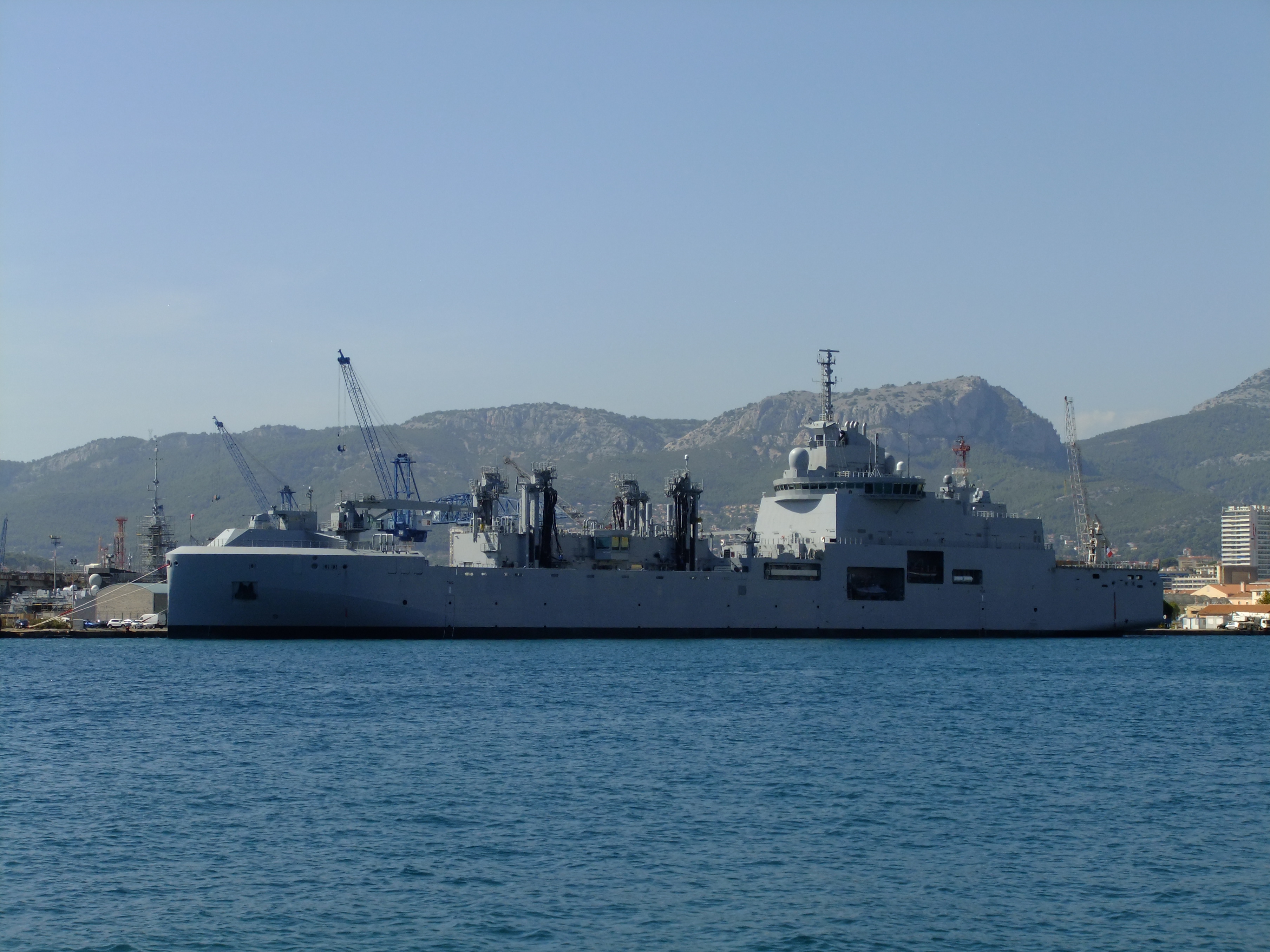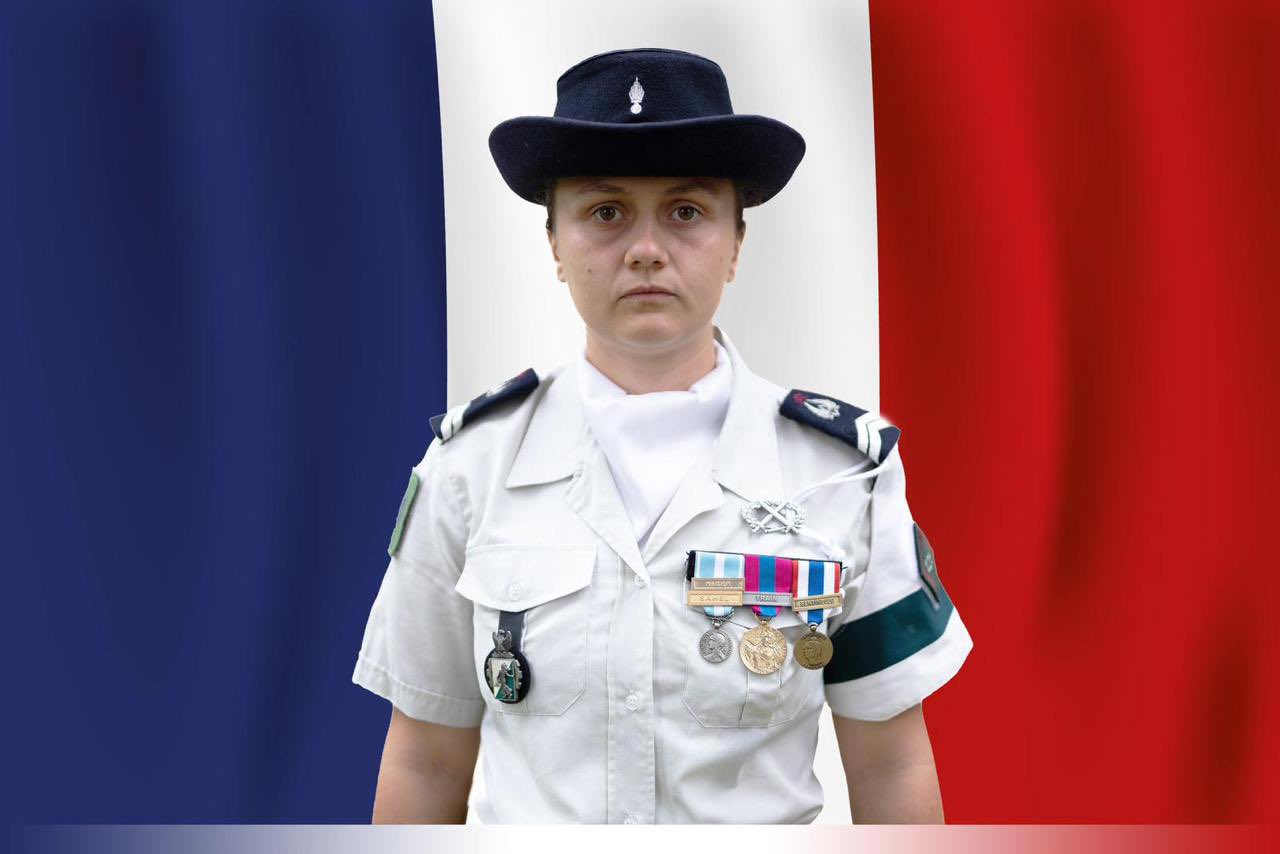Editorial
The Ministry of Defence is closing down!
Well, not quite, but it is on the move: after 20 years of suspense, the Ministry is now preparing for its long-awaited transfer to new buildings at Balard, on the south-western limit of the city of Paris, where, over the next four years the various forces’ commands and the Ministry will become integrated on a single site. The driving force over those 20 years has been the need to strengthen the operational reactivity of our military forces, committed today to more and more varied types of conflict in situations increasingly difficult to manage. The coherence that should result from this major step towards ‘jointness’ will lead to a profound change in our military society.
The three key areas affecting joint defence and security planning today are the deployment of land forces, defence of the oceans and developments in aerospace power in areas of the world that are evolving and changing rapidly. To cope with the problems that all of this poses, a new form of multilateralism needs to be developed, which must involve contribution from emerging powers.
Exo-atmospheric space is now critical for the support of air-ground and maritime-air operations. Cyberspace is equally critical, but open to a new range of vulnerability and indirect attack. The same goes for oceanic space, in which the maritime traffic lanes are critical to development and globalisation but also vulnerable in many senses. Deep studies into all of these topics are underway with an eye to producing some results before the end of the current presidential term.
The International Air Show at Le Bourget will be held at the end of June. Its principal theme this year is space in support of operations: Space for Operations is the title in English and RDN has produced a special French and English combined edition to cover the Show. As a foretaste, in the June edition presented here, Guilhem Brouard and Antonin Tisseron outline key issues concerning Space and the Military in Europe: European cooperation, the ever-present pressure on budgets and how essential space has become to strategic and operational planning. On the matter of cyberspace, the essential resilience yet also weaknesses of the Internet, and its use in management of crises, are discussed by Stanislas de Maupeou.
On a different tack, the former French CEMA (Chief of the army staff), General Elric Irastorza, reflects on the changing shape of the army and how it needs more than ever to be adaptable to the task in hand, rather than programmed for some higher conflict that might never happen. The same applies to new materiel, which should be cheap at the outset, he says, but also easily modified to cope with changing requirements. Finally, Yannick Harrel looks Over the Rhine and reminds us that, despite the current cooling in Franco-German relationships, the two countries remain the motor of continental Europe and have been so for a very long time. The very different paths of political and cultural development, and indeed attitudes, of the two have not prevented a considerable degree of respect and attraction in both directions: this needs to continue for the good of both nations and of Europe.
Many other subjects and opinions are dealt with this month, principally in the French version and in the Tribune, which you can find on www.defnat.com : these range from the current strategic debate to conflict in Afghanistan, issues surrounding military command, the defence economy, Asia, Russia, the Arab Spring and more yet.
The main theme of our next issue, the summer edition covering July to September, will be China.







